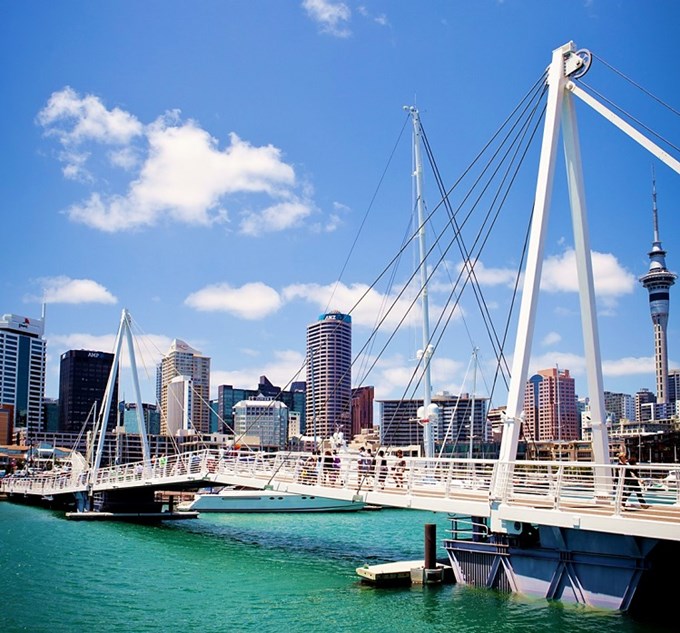Auckland Council’s Low Carbon Auckland action plan in 2014 set out a vision for the region’s transformation toward a better, brighter low-carbon future.
Auckland aims to reduce overall emissions by 40 per cent by 2040, and the second annual update on the region’s progress is available now.
The report for 2016
By focusing on transport, energy, waste, the built environment and natural carbon assets, the 2016 Low Carbon Report shows that we are moving toward our 2040 target.
However there is still plenty of work to do, and with Auckland growing at a rate of 45,000 people per year, addressing carbon emissions becomes even more vital for our continued success and well-being.
Auckland Council’s Chief Sustainability Officer, John Mauro, says this has been a milestone year for climate change.
“From the historic Paris Agreement and Auckland’s recent membership with the C40 Cities Climate Leadership Group, to the actions we’re taking locally, positive momentum is growing.
“Together with committed communities and businesses, the second-year report shows we’re heading in the right direction. Moving at pace will help us become a more affordable city, a more prosperous city and a healthier city for all.”
The highlights
Highlights within the report include:
- 57 electric trains resulted in a 20 per cent increase in rail patronage
- seven regional waste management services merged into one, resulting in 30 per cent diversion of inorganic waste from landfills
- four new central cycleways: Grafton, Beach Road, Nelson Street and Quay Street
- installation of Tesla utility-scale 1MW battery to meet the peak electricity demand of 500 homes
- energy neutrality for water treatment plant by 2025
- 12,500 streetlights replaced with LEDs (72 per cent energy reduction), toward a target of 45,000 by 2018
- four more corporate council buildings achieved energy performance ratings of 3 and 5 stars.
“This report shows, whether it is public transport, green buildings, or improvements to waste management, we have the tools and the opportunities to make a practical difference,” says Mauro.
See more information on the Low Carbon Action Plan and the 2016 report


